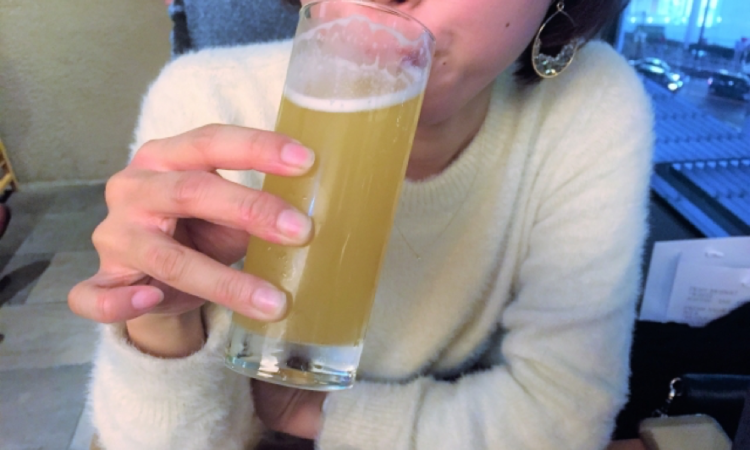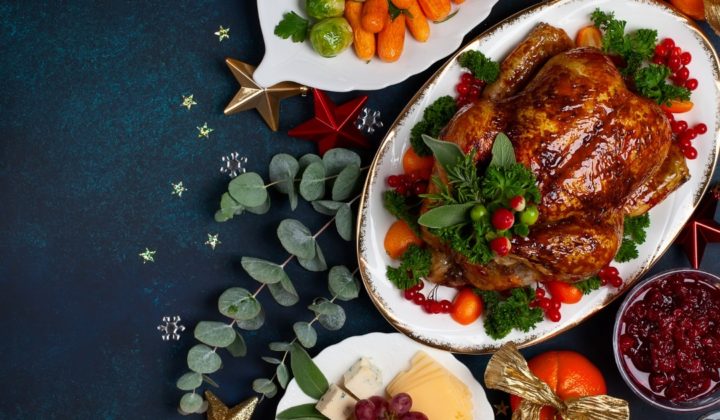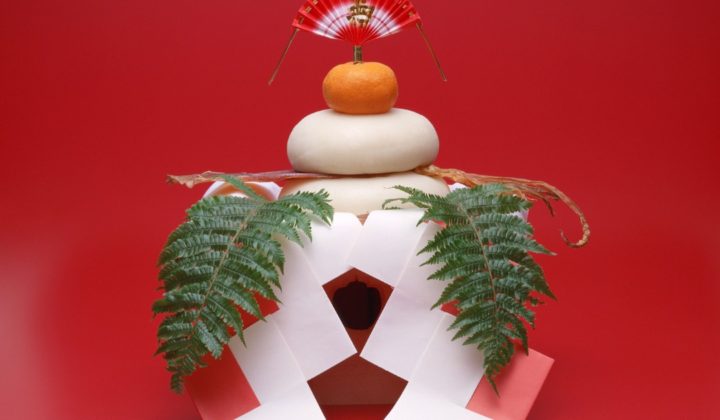As the days get colder in Japan, our Guidable team longs for warm and filling comfort foods such as Japanese hot pot (also called nabe) or curry. But sometimes, we also crave something light and sweet. So in this article, we share the top 5 Japanese fruits you can find locally during winter.
Seasonal Japanese Fruits You Can Buy in Winter
Buying fruit in season is cheaper, reduces import emissions, and is usually more delicious too! If you’re looking for winter fruits in season, read on!
Mikan
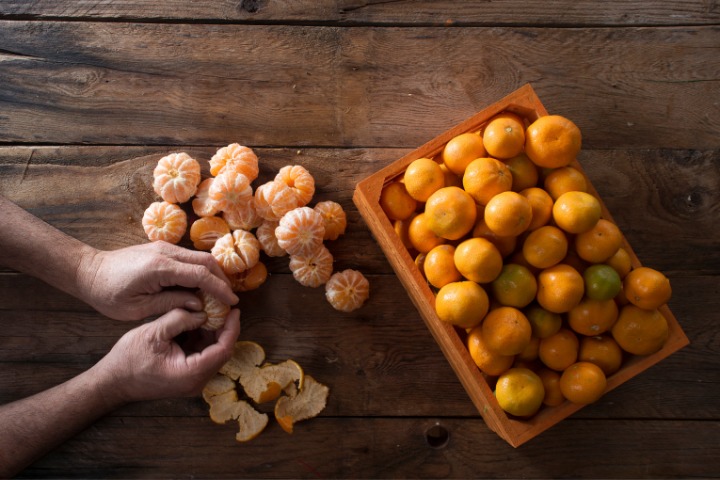
Image credits: Canva
When imagining a typical Japanese winter fruit, a very “Christmassy” flavour comes to mind – mikan! Although originally imported from China, you can buy seedless, sweet and delightful winter fruits in your local supermarket or a nearby convenience store! Just peel away the skin and enjoy it as it is, or press a healthy, Vitamin C-loaded juice out of a few mikans! Especially now, as the months are getting colder, we start to enter the cold and flu season, so a self-made vitamin-packed drink is an excellent idea.
Yuzu
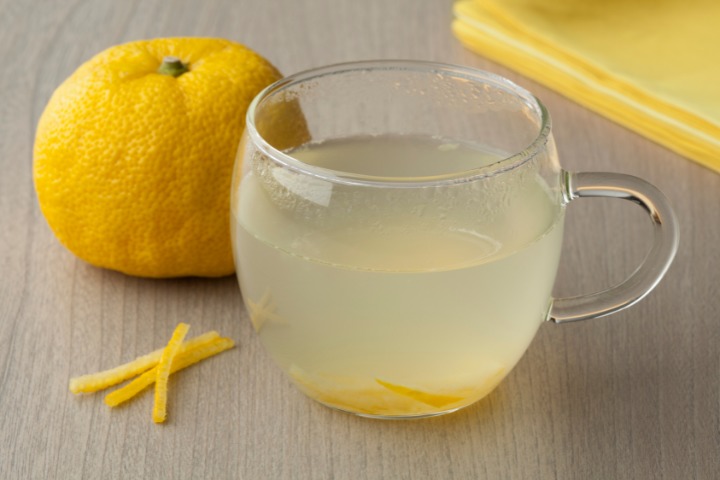
Image credits: Canva
Yuzu is the sweet little sister of the lemon and one of the most famous Japanese fruits. Japanese people use its juice in their dishes to refine soups or a bit of the zest to make a meal more wholesome by adding the unique “umami” flavour. Browsing through supermarkets in Japan, you will find yuzu sauces and flavoured candies as well! In winter, yuzu farmers in Kochi Prefecture and Shikoku Island harvest this delicious citrus fruit.
You can also add yuzu zest or the whole fruit into a hot bath. The heat releases the essential oils from the yuzu, making it a perfect mixture against headaches and fighting off a coming cold.
Strawberry

Image credits: Canva
Strawberries in winter? You might think that seems a bit odd, but the truth is farmers start harvesting strawberries in December. You may have seen white strawberries when Googling Japanese fruits. The so-called “jewel strawberry” is for sure a luxury item. You can buy them for around 40 Dollars in Japanese stores. Aside from the white strawberry, the standard Japanese strawberry comes in different colours and sizes but is always juicy and delicious. Tochigi Prefecture is well-known for its famous strawberries, so look for this Kanji “栃木市” (Tochigi Shi = Tochigi City) on the package at the fruit section in a Japanese supermarket. Also, if you are into sweets like we are, try one of the famous Japanese shortcakes or Daifuku (mochi-based dessert)! Both sweet treats use raw strawberries and are super delicious!
Apple
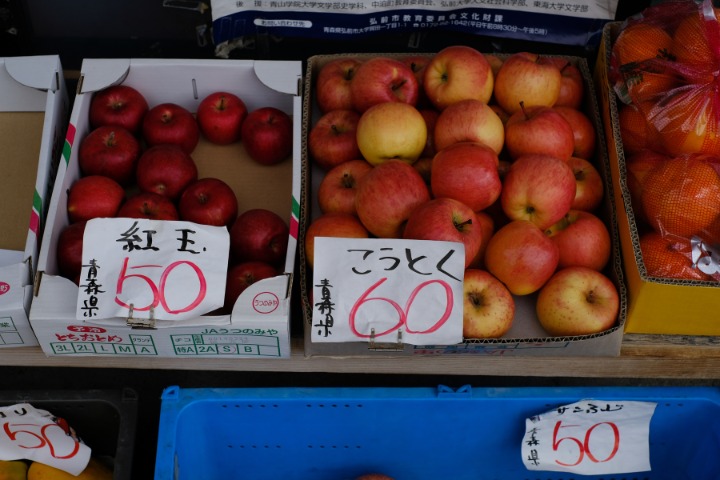
Image credits: Canva
We all know the famous saying: “An apple a day keeps the doctor away.” Apples, also called りんご (ringo), are another staple fruit during the winter season. Although they can be stored for an extended period under specific circumstances, the harvesting period for Japanese apples is from September to December. The Aomori apple is a real splurge. This apple variety is so famous and crispy that they are shipped and sold for 2,500 yen per apple (around 19 dollars) to stores in China because of its high demand.
Kiwi

Image credits: Canva
Compared to more sour kiwis you, like me, may have eaten in other countries, the taste of a Japanese kiwi will blow your mind. They are much sweeter and more delightful. It is always delicious to have them in a refreshing kiwi-apple smoothie or a fruit salad. The domestic kiwi season is between winter and early spring, so look for this Kanji “国産”(kokusan = domestically produced).
Which Japanese Fruits Do You Like to Eat?
Which is your favourite fruit from our introduction of delicious Japanese fruits in season during winter? Do you notice any difference in taste when you eat seasonally?
Regardless of the season, Japanese fruits are high in quality, even though you might need to pay more than you would at home. So we promise you, even though it may be a bit of a splurge, try Japanese fruits next time when you are in Japan!
Related Articles:
Where to Buy the BEST Vegan and Gluten-Free Christmas Cake in Japan


